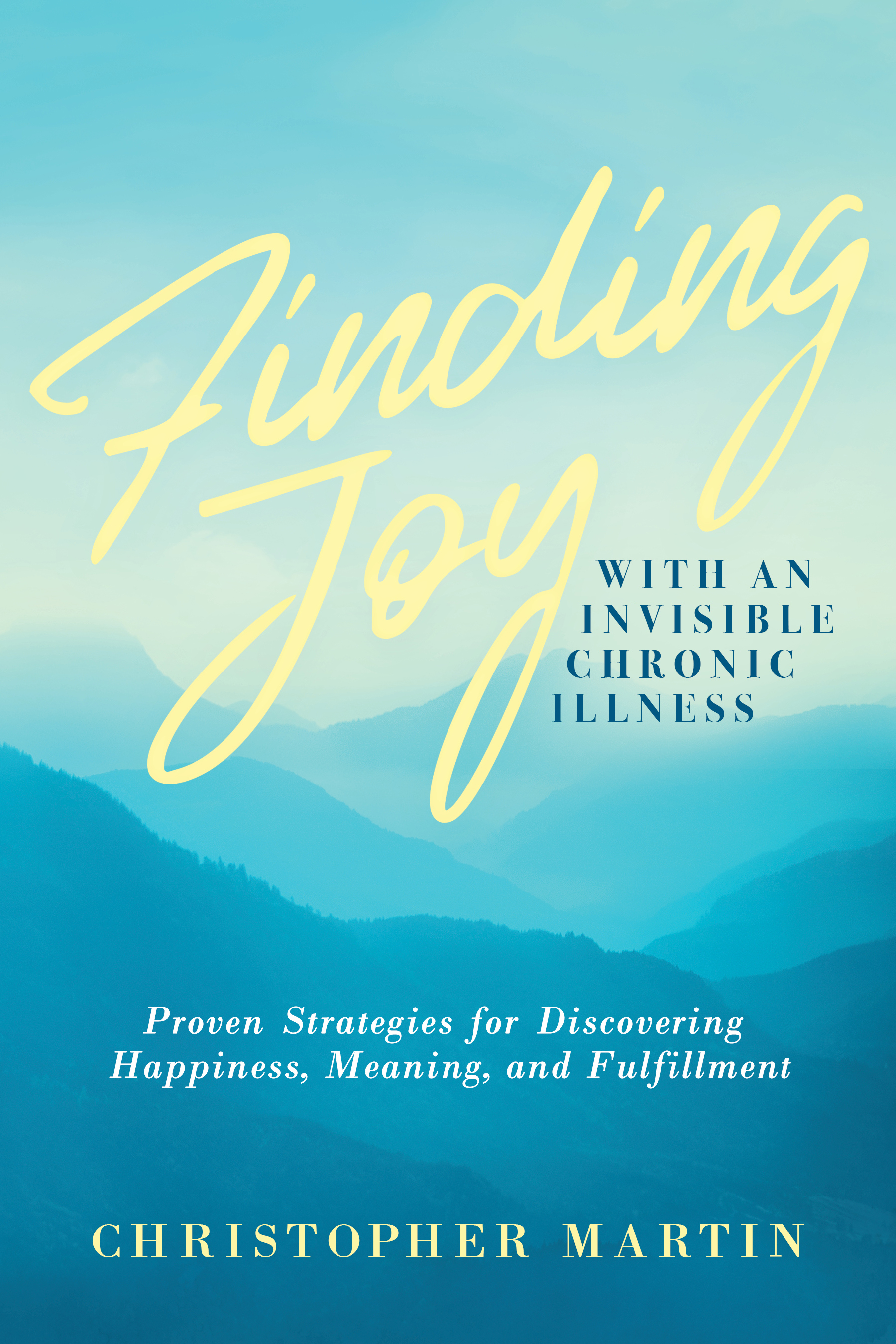What do you think?
Rate this book


200 pages, Hardcover
First published November 15, 2021
I have found incredible meaning and purpose from living with my invisible chronic illnesses. While my search for better health never ceases, I view this suffering as a part of life from which I can grow and learn.